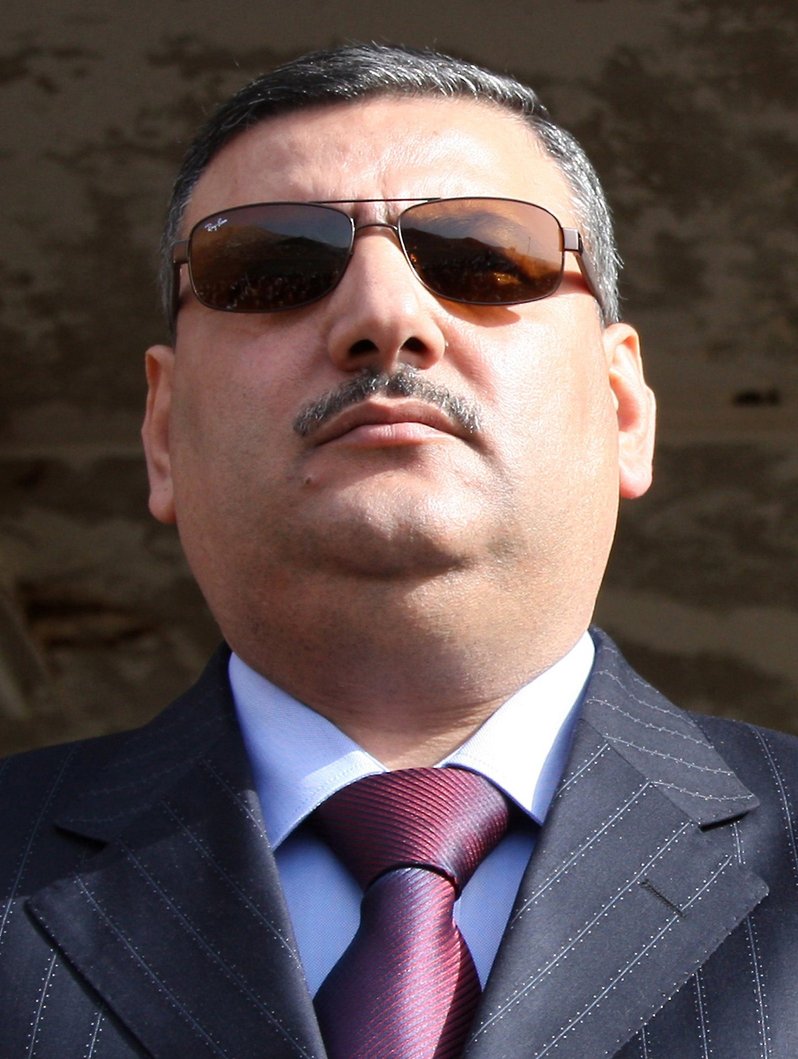Music is not in the instrument, as famous percussionist Ricardo Gallardo once said. Music is in the person.
And Yehya Khalil is that principle personified.
The most famous and acclaimed percussionist in the Arab world was singlehandedly responsible for bringing the sound of jazz to Egypt in the second half of the 20th century, and he sure does know it. “You can say I’m the jazz founder in this country, Khalil told Daily News Egypt.
Previously, jazz in Egypt “was all done by foreigners, he said. He was the first native Egyptian to play jazz on mass-scale. Khalil is on a 20-year contract with the Cairo Opera House and continues to host cult shows on radio and television.
As the moon crawled a few inches on the sky over Beit El Harrawy in Azhar last Tuesday, the Ramadan audience was treated to the tunes of this veteran jazz percussionist.
Khalil’s manner of playing on his drum kit appeared largely still and muted. He might as well have been pondering a philosophical question while looking far in the distance as he tapped his various percussions. Then, sure enough, he breaks into a smile – captivated by his own rhythms – before delivering a resounding finale.
Khalil was only 13 when he formed his first jazz band, the Cairo Jazz Quartet. At the age of 21, he decided to leave at the peak of his band’s popularity. In 1965, Khalil went off to study jazz in America, encountering and playing with the greats of the genre.
In his 15-year long stay, where he studied drumming, Khalil also earned a degree at the American Conservatory of Music, and was then tutored by the legendary percussionist Roy Knapp.
Khalil returned to Cairo in 1979, and started right where he left off, once again creating a revolution in the jazz scene.
Dubbed by jazz legend Dizzie Gillespie as possibly “the greatest percussionist alive, Khalil has earned international recognition for his unique blend of oriental and western sounds. He has also played with legendary world artists such as The Four Tops, Eric Clapton, James Brown and Jimi Hendrix to name a few.
Accompanied by the Hassan Khalil band, “the jazz man, as his CD announces him, played an impressive interpretation of Egyptian classic “Aziza by Mohammed Abdel Wahab, along with numbers from his own repertoire including, “Caravan and “Dunya (The World).
“Music for dancing is how stand-up comedian and long-time Khalil fan Mohammed Ismail Zaki identified the song “Aziza. Other numbers played on the night including “Enta Omri by Um Kolthoum and a few tunes by Farid El-Attrash.
Besides adapting music by other artists, Khalil is also a skilled composer, as adamantly confirmed by Zaki. The comedian has also seen numerous performances by Khalil at the Cairo Opera House, and was happy that his performance was included in the complimentary Ramadan entertainment.
His style, choice of instrument and dexterity, as well as the instruments that accompany him – ranging from the qanun (stringed-lute), violin, the accordion, the tabla, electric guitar, trumpet and saxophone – all contribute to his unique style, said Zaki.
Filmmaker and photographer Mahmoud Omar said Khalil’s technique, the way that he interprets music, sets him apart from any other musician in Egypt. “He is like a 10-year-old kid with a smile on his face, and he’s like a monkey on the drums, said Omar, who has previously attended a more exuberant Khalil performance at the Cairo Jazz Club, a regular haunt for the musician.
Given that Khalil was only four when he started drumming any household surface he could find – tables, chairs, utensils – it isn’t surprising that he still carries a childlike enthusiasm towards music, a passion he continues to regard as a form of playing.
In the midst of one piece, carried away by his music, Khalil tapped the drumsticks together and mock-tapped them on his back as if he were the instrument of his own music.
In the final moments of the concert, the rhythm of his music induced people into clapping along. Gradually, Khalil raised the tempo of the music, and the claps came faster and faster, turning from pure rhythm into laughter and applause. In that moment, Khalil had encompassed the audience into his music, and into the joy it brings.
Play is what characterizes Khalil’s jazz – a genre that has been synonymous with the man for 30 years.

